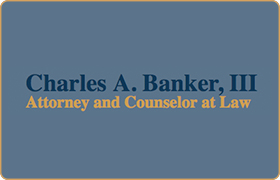Needville Juvenile Law Lawyer, Texas, page 4
Sponsored Law Firm
-
 x
x

Click For More Info:
-
Charles Banker, Attorney at Law
405 Main St. Ste. 910 Houston, TX 77002» view mapCriminal 30 Years Experience
You need an attorney with criminal defense knowledge who will vigorously protect your rights.
800-969-9880
Frederick P. Forlano
Estate Planning, Family Law, Juvenile Law, Civil Rights, Administrative Law
Status: In Good Standing Licensed: 49 Years
George Allen Maffett
Juvenile Law, Other, Criminal, Administrative Law
Status: In Good Standing Licensed: 31 Years
Grace Ngozi Nwanguma
Mass Torts, Estate Planning, Family Law, Juvenile Law, Car Accident
Status: In Good Standing Licensed: 24 Years
James Christian Becerra
Other, Family Law, Juvenile Law, Criminal
Status: In Good Standing Licensed: 26 Years
James Edward Kincade
Motor Vehicle, Family Law, Juvenile Law, Defamation & Slander
Status: In Good Standing Licensed: 26 Years
James Leonel Perez
Juvenile Law, Family Law, Criminal, Personal Injury
Status: In Good Standing Licensed: 19 Years
 Charles Banker Houston, TX
Charles Banker Houston, TX AboutCharles Banker, Attorney at Law
AboutCharles Banker, Attorney at Law Practice AreasExpertise
Practice AreasExpertise